
Merck Anti-NFκB Antibody, p65 subunit, active subunit, clone 12H11
✨AI 추천 연관 상품
AI가 분석한 이 상품과 연관된 추천 상품들을 확인해보세요
연관 상품을 찾고 있습니다...
Anti-NFκB Antibody, p65 subunit, active subunit, clone 12H11
clone 12H11, Chemicon®, from mouse
Rel A
The transcription factor NFkappaB (Nuclear Factor kappa B) is involved in the expression and regulation of a number of important cellular and physiological processes such as growth, development, apoptosis, immune and inflammatory response, and activation of various viral promoters including human immunodeficiency virus long terminal repeats. NFkappaB represents a group of structurally related and evolutionarily conserved proteins related to the proto-oncogene c-Rel with five members in mammals that include Rel (cRel), RelA (p65), RelB, NFkappaB1 (p50 and its precursor p105), and NFkappaB2 (p52 and its precursor p100). NFkappaB/Rel proteins exist as homo- or heterodimers to form transcriptionally competent or repressive complexes. Although most NFkappaB dimers are activators of transcription, the p50/50 and p52/52 homodimers can repress the transcription of their target genes. The p50/p65 heterodimer of NFkappaB is the most abundant in cells.
🏷️Merck Sigma 상품 둘러보기
동일 브랜드의 다른 상품들을 확인해보세요
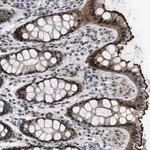
Merck Sigma
Merck Anti-SETDB1 antibody produced in rabbit
370,530원
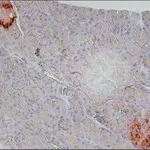
Merck Sigma
Merck Anti-Glucagon antibody, Mouse monoclonal
269,000원
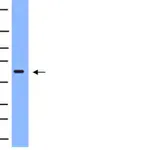
Merck Sigma
Merck Anti-NFκB Antibody, p65 subunit, active subunit, clone 12H11
206,000원
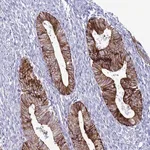
Merck Sigma
Merck Anti-ABHD17B antibody produced in rabbit
370,530원
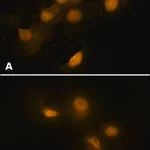
Merck Sigma
Merck Anti-HMGB1 (HMG1) (C-terminal) antibody produced in rabbit
814,700원
배송/결제/교환/반품 안내
배송 정보
| 기본 배송비 |
| 교환/반품 배송비 |
|
|---|---|---|---|
| 착불 배송비 |
| ||
| 교환/반품 배송비 |
| ||
결제 및 환불 안내
| 결제수단 |
|
|---|---|
| 취소 |
|
| 반품 |
|
| 환급 |
|
교환 및 반품 접수
| 교환 및 반품 접수 기한 |
|
|---|---|
| 교환 및 반품 접수가 가능한 경우 |
|
| 교환 및 반품 접수가 불가능한 경우 |
|
교환 및 반품 신청
| 교환 절차 |
|
|---|---|
| 반품 절차 |
|
